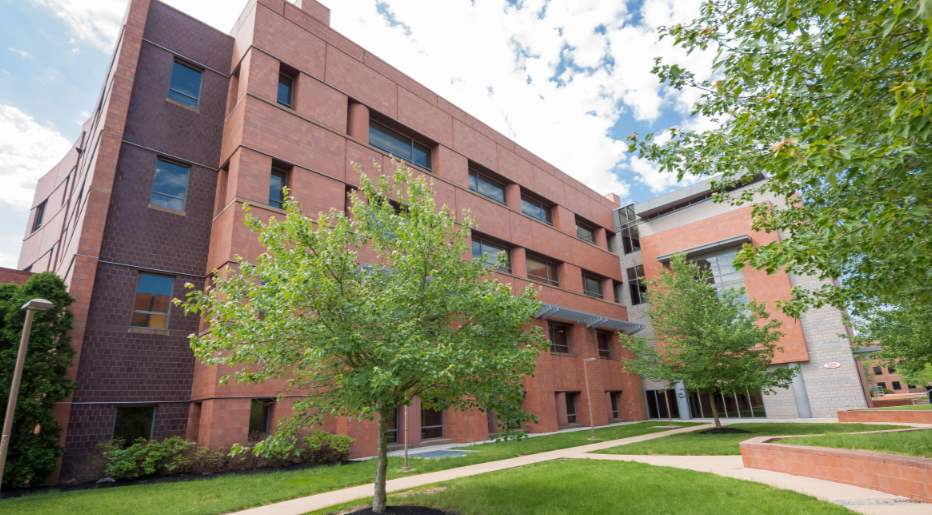The Delaware Innovation Space (DIS) at the Experimental Station campus in Wilmington is a powerhouse of a science incubator, with state-of-the-art laboratories, business development resources and a network of people with top-tier expertise.
Launched in 2017 through a partnership between DuPont (which has run the Experimental Station, where products like Nylon, LYCRA and Kevlar were invented, since 1802), the University of Delaware and the State of Delaware, for science startups, it’s an accelerator that’s hard to beat.
But the issue for many young science startups: The resources at DIS don’t come cheap, and securing funding to access them through traditional means can take a year or more — time that could be more productively spent in development.
DIS’s new First Fund program aims to give young startups in the areas of healthcare, industrial biotechnology, advanced materials, nutrition, renewable energy and chemical ingredients up to $75,000 in funding to get promising businesses into the accelerator in just a couple of weeks.
“We want to be their first believer,” said CEO of DIS Bill Provine in an interview with Technical.ly.
First Fund is offering a 36-month convertible note to be used exclusively to access the physical and programmatic resources of DIS.
(For context, convertible notes are a common vehicle for funding in the startup realm. It’s basically a loan that converts to equity in a company in conjunction with an upcoming financing round.)
“We want to enable them to enable them to get moving fast, so they don’t need to go through a long investment process to get the cash,” Provine said.
Eligibility is pretty straightforward: In addition to the focus areas above, startups are required to be less than three years old, with less than $500,000 in funding, both dilutive and non-dilutive.
And, of course, have an awesome, viable business model.
Eligible startups can expect a relatively quick process, including short and long-form online applications followed by what sounds like a whirlwind of in-person reviews.
“We have an application on deck, asking what people are looking for, problems, solutions, why you’re better than the competition, the concepts, and why it is a viable product and business,” said Mike Rinkunas, director of acceleration and client cevelopment at DIS. “Based off of that, the team at the Innovation Space will do a review, screen applications and then bring them together with an investment community made up of our partners to determine the next step.”
Not all startups will be accepted, of course, but the goal is to find serious science startups — even if they’re not quite ready for First Fund.
“We’ll be happy enough to say, ‘Hey, you’re not ready for this program yet, but we’ll keep working with you to help you get ready for it,” said Provine. “Maybe another program mfuakes greater sense at this time. Our job is to help people.”
Think you’re a fit for First Fund? Apply here.
Join the conversation!
Find news, events, jobs and people who share your interests on Technical.ly's open community Slack

Delaware daily roundup: Vital conditions framework; Seaford center breaks ground; Staff shortage at the beach

Delaware daily roundup: Equity Action Summit video; DE Senate debates wind energy; Hydrogen hub listening sessions

Delaware daily roundup: Early-stage loan help; Jobless rate drops below 4%; $700k grant for industrial park


